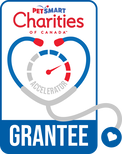RAPS and partners mobilize to provide vet care in the Downtown Eastside.Pets who don’t always get the veterinary care they need got checkups, vaccinations and some routine care they needed, thanks to a “pop-up” vet clinic RAPS Animal Hospital put on recently in Vancouver’s Downtown Eastside. A total of 135 animals – including 45 cats and 90 dogs – were assisted during the clinic, which was made possible through the support of Vancity Community Foundation and the Leo and Frances Longo Fund for Charity to Animals. RAPS worked with Watari Counselling & Support Services, which operates regularly on the DTES, to deliver the pop-up clinic on December 17, 2023. “The clinic focused on examinations, vaccinations, and flea and parasite treatments, as well as other routine procedures such as ear-flushing,” says Eyal Lichtmann, CEO of RAPS. “The response far surpassed what we had anticipated, and was greater than what we experienced in the past.” Demand was so great, in fact, that there were people and animals who weren’t able to see the veterinarians during the December event. These clients are now on a waitlist to receive additional help through the RAPS Animal Hospital, and Watari continues to receive inquiries from more of their clients about additional support, says Lichtmann. “We also hope to be able to obtain additional donated vaccinations, treatments and supplies so that we can offer follow-up booster shots and treatments to those who have already received assistance, as well as helping even more animals as time goes on,” he said.
0 Comments
RAPS Animal Hospital has been authorized to provide euthanasias at the pet’s home, ensuring families and their pet a comforting transition on their last journey together.
Families facing the saddest moment in the relationship with their pet will now have the option of making that last journey together as comforting as possible, at home. The RAPS Animal Hospital has received authorization from the College of Veterinarians of B.C. to provide at-home euthanasia. “It is a service that a lot of pet owners want but one that many veterinary hospitals are not able to offer,” said Dr. Regan Schwartz, a RAPS veterinarian and strong proponent of providing home euthanasias. “Being at home, on their bed, with their loved ones, with the smells and sounds that they know and trust, it couldn't be more peaceful. I see it as a gift to pets and their families to be able to offer this to them” In Dr. Regan’s experience, families are overwhelmingly grateful to have said goodbye to their beloved family member where they lived, rather than making a final journey to a place that might be unfamiliar or where the animal might feel nervous. “Almost every family I have worked with sends me really heartfelt letters of gratitude,” she says. “I think the biggest thing and the most surprising thing for people is how comfortable their animal is. That's what it's all about – helping to relieve the suffering of the patient in the most peaceful and stress-free way possible.” At-home euthanasia appointments are dealt with differently than routine vet appointments. They cannot be booked online. The client can call the RAPS Animal Hospital and the veterinarian will call them back to discuss. If the animal is a patient of RAPS Animal Hospital, the doctor will already be familiar with the case file. If they are not current clients, there will be a consultation process. RAPS is a no-kill organization and that means that euthanasia is administered only when medically warranted. “I have to do that assessment over the phone and then in person,” she says. It's not a cut and dry area of veterinary medicine, she says. “It requires a lot of empathy, compassion and understanding of what the families are going through, and being sensitive to all the factors involved,” says Dr. Regan. “deciding to euthanize a companion animal is one of the most difficult decisions that a pet owner has to make. It’s a process that families need to be supported through with patience and without judgement. I take that role very seriously.” Putting a pet to sleep is an emotional experience and a heavy weight not only for the family but for the veterinary team as well, and it is cited as a significant contributing factor to the mental health strain in the veterinary sector. But ensuring that, when it is necessary, it is done in a way that is most compassionate and peaceful for the pet and their people can provide everyone involved with a sense of comfort. “It is not something that anyone wants to think about,” she says. “But we hope that knowing this is available will reassure people that, when the inevitable day comes, their pet will be at home, comfortable and as surrounded by love at the end as they have been all through their life. Isn’t that what we all would hope for?” Hospital assistant manager has years of experience in animal welfare.Ayala Dafni Friman is a vet technician and Assistant Manager of the RAPS Animal Hospital.
She holds a B.Sc. in Animal Science from the Faculty of Agriculture, Hebrew University, and a diploma in Animal Assisted Therapy. Ayala has more than three years’ experience as head manager of a pet store chain and more than five years’ experience as head manager at a veterinarian hospital in Israel. In all, she has more than 13 years of experience as a vet technician. Ayala grew up mostly in Israel, but also in Holland and Spain. She moved with her husband, son and their three-legged dog to Canada from Israel on August 2020. When not working, Ayala enjoys spending time travelling and seeing new places with her family. “Nothing more important than family!” she says. An ounce of prevention is worth a pound of cure!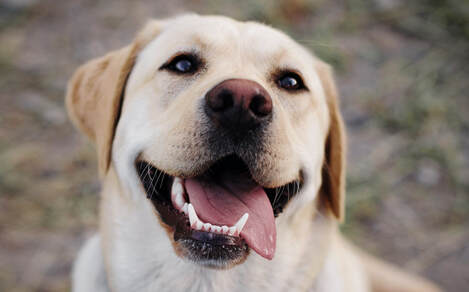 Maintaining your pet’s dental health is crucial to their overall well-being. Periodontal disease is entirely preventable. The disease begins when bacteria in the mouth combine with leftover food particles and form plaque on the surface of the teeth. It only takes a few days for minerals in the saliva to bond with the plaque and form hard tartar. In most cases, pet owners can only detect their pet’s periodontal disease through bad breath, painful chewing or tooth loss but, by the time these symptoms are detected, the pet may have already had dangerous bacteria from under the gums travel through their bloodstream to their heart, kidneys or liver. Don’t wait until your pet is in pain with symptoms of dental disease. As in humans, routine maintenance and treatment ensures your pet’s dental health – and overall health – remains the best that it can be. Some pet owners seek to prevent the development of periodontal disease in their pet by performing daily tooth brushing and perhaps even giving their pet special dental chews. This can definitely be helpful, but a professional dental cleaning is required in order to remove all the plaque and tartar from your pet’s teeth. Your pet most likely needs a dental cleaning if they are suffering from redness or bleeding along their gum line, bad breath, drooling, difficulty chewing, loose or missing teeth or if they are pawing at their mouth. Professional dental cleanings for pets require that they be under anesthesia, as they are unable to understand what is occurring and why it is good for them. The veterinarian will remove plaque and tartar from their teeth and under their gums, polish the enamel of their teeth and assess the health of their tongue, gums, lips and teeth. They may also recommend x-rays, application of fluoride, removal or repair of fractured or infected teeth and other necessary services. The RAPS Animal Hospital has a designated dental exam and procedure facility, with expert veterinarians and technicians to ensure your pet’s comfort, well-being and dental health. Right now, we have an extraordinary special on dental exam and treatments. Get the full details here. Regular inspection of your pet’s mouth is important to catch dental disease in the early stages. Tartar may appear as a brownish-gold buildup on the teeth, close to the gumline. Redness or bleeding along the gumline may indicate gingivitis. A professional dental cleaning removes not only the visible plaque and tartar on the teeth surfaces but also the bacteria under the gums. This eliminates potential sources of infection to the mouth and other organs and protects your pet from pain and tooth loss. Once a dental cleaning has been performed, you can take a number of steps at home to keep your pet’s teeth clean and lengthen the intervals between dental cleanings. Our veterinarian may recommend a plaque prevention product — a substance that you apply to your pet’s teeth and gums on a weekly basis. The product adheres to the teeth surface to create a barrier that prevents plaque from forming. Just as in people, daily brushing can help remove food particles from between your pet’s teeth. You can use a child’s toothbrush or purchase a finger brush from your veterinarian. Human toothpastes should be avoided because they contain ingredients that should not be swallowed by your pet. Your dog or cat may like the taste of pet toothpaste, which is available in flavors such as chicken, seafood and malt. Several dental diets and treats can also help keep plaque and tartar to a minimum. The diets tend to have larger kibbles to provide abrasive action against the tooth surface when chewed. Or they may contain ingredients that help prevent tartar mineralization. Ask our veterinarian which diets or treats are appropriate for your pet. 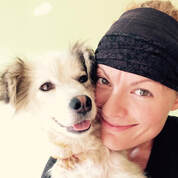 A veterinarian with an innate desire to help found a community-owned veterinary hospital and it’s a perfect match! Dr. Regan Schwartz was raised in Toronto, and she has travelled the world helping animals – but when she discovered the RAPS Animal Hospital, she knew she had found her place. Before, during and after getting her veterinary degree, Dr. Schwartz was volunteering in underserved places where veterinary care was either inaccessible or unaffordable. She did an international veterinary medicine training program with World Vets, a Washington State-based group that helps animals in 45 underserved countries. That was a one-week program in Nicaragua – even before she was in veterinary college. While she was in school, she went to Nepal just days after the devastating 2015 earthquakes there and worked for three months aiding the local animals. “The human world was highly impacted and the animals obviously as well, so there was a lot of work to be done,” she says. “In Nepal, I supported surgeries, general practice, vaccination efforts, and helped to medicate patients at a hospital run by Dr. Pranav in Bhaktapur,” she recalls. His facility was a hospital as well as an animal sanctuary. He collected the dogs in the community that just weren’t good adoption candidates. A lot of them had missing limbs, congenital abnormalities and/or were pretty sick and need a lot of care. He had a whole collection of these fantastic animals in his back courtyard.” One of those animals, a dog named Zunee, travelled all the way from Nepal to Toronto, where he was adopted by Dr. Schwartz’s mother. “He was magnificent, just incredibly wise,” she says of Zunee. “He was one of those dogs that peered into your soul, highly intelligent, you could just tell that he’d been through a lot in his time.” Zunee was found on the side of a road by a staffer from the American consulate who took him to the vet to be humanely euthanized. But the vet saw hope for recovery – and the before-and-after pictures are a shocking tale of resilience!
“He really came around, he healed, he was saved,” says Dr. Schwartz. “He was one of those dogs who would just walk down the street by your side. I remember that when I went grocery shopping, he would sit outside and wait for me to come back and then we would walk back to the hospital together.” While Zunee lived two glorious years in Toronto, he developed adenocarcinoma, which is cancer that can develop in the nasal passage, and had to be euthanized. “He had a fantastic life,” she says of Zunee’s later years in Canada. Another three-month stint Dr. Schwartz did overseas was with Veterinarians without Borders in Hanoi, Vietnam. This project was less hands-on vet care and more public health-based with research around food safety, specifically the prevention of zoonotic diseases being transmitted from pork to humans, which is an ongoing problem there. Dr. Schwartz’s devotion to the well-being of animals did not take a back seat even while she was immersed in vet school at St. George’s University on the Caribbean island of Grenada, where she completed both her veterinary training and a Master’s degree in public health. In addition to the veterinary school, the university also has a medical school, so teams from both would travel to underserved areas and host One Health One Medicine clinics which welcomed extended families – mothers, fathers, kids, pets and farm animals – to come for exams and treatments. “I have an innate desire to help,” she explains. “It’s something I’ve always had and something I derive deep satisfaction from doing. Going into communities that don’t have access to veterinary care or don’t have the financial means to pursue the veterinary care that’s there. Those people need help and those animals need help. It feels really good to be able to take what I’ve learned and to give back to communities that need it.” A pop-up vet clinic RAPS did recently in Vancouver’s Downtown Eastside is an example of the sort of community outreach Dr. Schwartz wants to see more of. She sees her role at RAPS Animal Hospital as perhaps preordained. “I was meant to find RAPS,” she says. “It’s an absolute perfect fit for what I like to do and find satisfaction in. It’s a combination of general practice, which is what I’ve trained to do, and emergency medicine, which I pursued right out of post-graduation.” She is also deeply involved at the RAPS Cat Sanctuary – “shelter medicine” is something she has a strong interest in – and getting to know the feline residents and giving them routine care and necessary treatments is gratifying, she says. “RAPS kind of incorporates everything that I’m passionate about,” says Dr. Schwartz. “It’s a community full of people that are just like me. They love animals. They love doing what they do and they love giving back. The pro bono work that we do, it’s so satisfying to have the means, when needed, to offer pro bono diagnostics or pro bono care to people that can’t afford it otherwise. Normal hospitals don’t have the means to do that — and we do. It’s quite a privilege to work at RAPS. I definitely see it as a perfect fit for me." 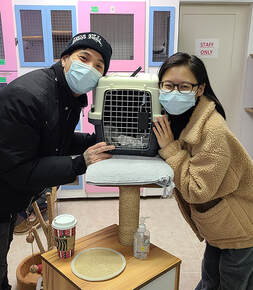 Injured cat is rehabilitated and finds forever home.Some Good Samaritans found an injured stray cat hanging around their property. He was limping and evidently injured. Because the cat (who they named Mooncake!) was nervous and shy, it took them a week to gain his trust. When they eventually got Mooncake into their reach, he was brought to the RAPS Animal Hospital, on Dec. 2, 2021. Mooncake received treatment right away from the veterinarians at the RAPS Animal Hospital. It turned out that Mooncake had experienced some trauma to his right hind leg, which left him with open wounds and inflammation. Staff estimate that he is about a year-and-a-half old and found that he was not neutered and had no ID. As is our policy, we held him for seven days to allow his people to claim him, but no one contacted us. During that week, Mooncake received top-notch care at the RAPS Animal Hospital. He went in once a day to have his wounds cleaned, checked over and rebandaged – and he quickly became a favourite with all the hospital staff because, even though he remained shy, he is also incredibly sweet and very well behaved. Mooncake’s wounds healed quickly and, thankfully, there was no permanent damage to his leg. The hospital team neutered and microchipped him and just a couple of weeks after he first came to us, Mooncake was ready to find his new furever home. We were so excited to hear that Mooncake’s finders were very interested in adopting him. Once he became available, we called them to set up a meet-and-greet. They had not stopped thinking about him since they dropped him off on Dec. 2 and were so happy to see him healed and doing well. They filled out an application, which was reviewed and approved. Exactly one month after Mooncake first came to RAPS, he was adopted by his loving and caring finders. Mooncake’s new “pawrents” sent us an email of Mooncake purring and accepting belly rubs only a couple hours after being brought home. It was a perfect match and we are so happy for Mooncake and his new family. These are the sorts of happy endings that are possible because of the huge community of animal allies who support us so that we can save and improve the lives of as many animals as possible. During a time when there is a severe shortage of veterinarians in British Columbia and across Canada, the RAPS Animal Hospital is extremely fortunate to attract superb talent, because our not-for-profit model allows veterinarians to focus on the wellness of animals (and their people!) rather than being preoccupied with the bottom line. We are thrilled to introduce our two newest team members. They will be ready to help you when your companion animal needs attention! 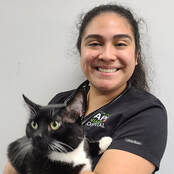 Dr. Victoria Cruz-Mendez Dr. Cruz-Mendez received her veterinary accreditation from Royal (Dick) Veterinary School of the University of Edinburgh, in the United Kingdom, where she also did post-graduate studies. She has worked extensively with small and enjoys working with exotic animals, as well as in pathology and dermatology. Before completing her studies, she was a wildlife care assistant with the Wildlife Rescue Association of B.C. and she was involved in animal organizations on and off campus. She lives in Vancouver and has three cats (including two rescues) and two ferrets (one who is a rescue). In her free time, Dr. Cruz-Mendez plays soccer and takes the ferrets out for walks. (Follow their adventures on Instagram @chorizotheferret). 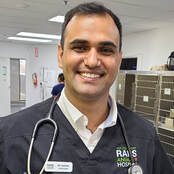 Dr. Satveer Dadrwal Dr. Dadrwal holds a Bachelor of Veterinary Science and Animal Husbandry from Karnataka Veterinary, Animal and Fisheries Sciences University, in India, and has practiced in India, Australia and Canada. He has extensive experience in animal welfare and public education, including in rural development settings. Dr. Dadrwal performs surgeries, dental procedures, emergency care and a full range of veterinary procedures on cats, dogs and exotics such as rabbits, ferrets, guinea pigs and hedgehogs. When not working, you can find him hiking and exploring the new country and spending time with his world explorer cat, Tintin, and mischievous puppy, Maple.  Within minutes, heatstroke can be fatal. Now the signs. Be prepared to respond. In hot weather, people must take significant precautions to ensure the health of their pets. Heatstroke (hyperthermia) in a human or animal is extremely serious. Heatstroke can happen within minutes in a car. In hot weather, LEAVE YOUR DOG AT HOME. It can also occur if an animal is outdoors in heat without adequate shade or when exercising – even gently walking – in high temperatures. Warning signs:
As heatstroke progresses, dogs may:
Urgent response:
DO NOT:
Note … Merely lowering a pet’s body temperature is not enough. Severe heatstroke can affect almost every system in the body. Potentially fatal conditions can persist or emerge even after the pet’s temperature has returned to near normal. You MUST take the animal to a veterinarian AS SOON AS POSSIBLE.
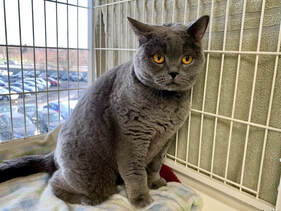 Surrendered cat undergoes surgery … will soon be looking for a very special forever home Tang Tang is a three-year-old male British Shorthair cat who is an incredible cuddle bug! Unfortunately, he suffers from repeated urinary tract blockages. These are costly to treat and his human contacted RAPS to inquire about surrendering him. The RAPS Animal Hospital offers no-interest payment plans for families that need to stretch out payments for unanticipated treatments. But after discussing all options with the person, they still decided to surrender Tang Tang. In many jurisdictions, an animal like Tang Tang would be euthanized because animal agencies would not expend the resources to provide the medical procedure to correct the ailment. But RAPS is a no-kill animal-serving agency. Our animal care staff at the RAPS Adoption Centre immediately saw that Tang Tang was only able to dribble tiny amounts of urine and was in discomfort. Veterinarians at the RAPS Animal Hospital inserted a catheter to ease his pain. Tang Tang was placed in his own, special suite at the Hospital where the staff immediately were smitten with this cuddly boy. A sign in the isolation room declares: “Tang Tang’s Suite – Members Only.” Because of his chronic urinary tract blockage history and the pain and suffering they caused, the medical team decided a Perineal Urethrostomy was the best option to try to help prevent continued blockages. Tang Tang will remain in RAPS’ care and monitored closely while he heals from his procedure. He is not only getting all the medical attention he needs for his physical health, he is reveling in the adulation of the staff with whom he has developed a very much reciprocated affection. Once he has healed fully and is feeling 100% his dashing self, Tang Tang will be placed for adoption as we begin the process to find him a forever home. He is a young cat with many healthy years ahead of him and he is going to take his place at the centre of a very special loving home. Stay tuned for updates as the magnificent Tang Tang gets ready for the next phase of his life. Animals like Tang Tang, who have treatable but sometimes complicated or expensive medical conditions, are at risk of being euthanized in far too many jurisdictions. RAPS is able to ensure animals like him are able to live their best lives – and we can make this promise because we have the support of animal-loving people in our community! |
AuthorWrite something about yourself. No need to be fancy, just an overview. Archives
January 2024
Categories |
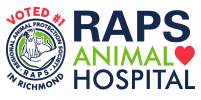
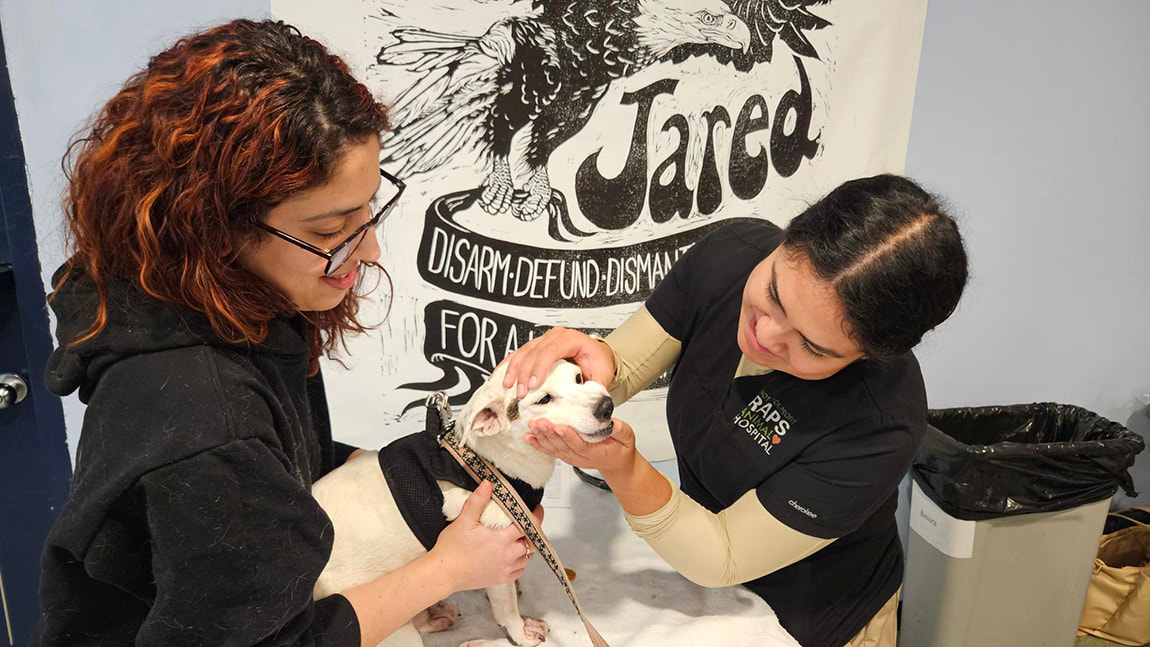
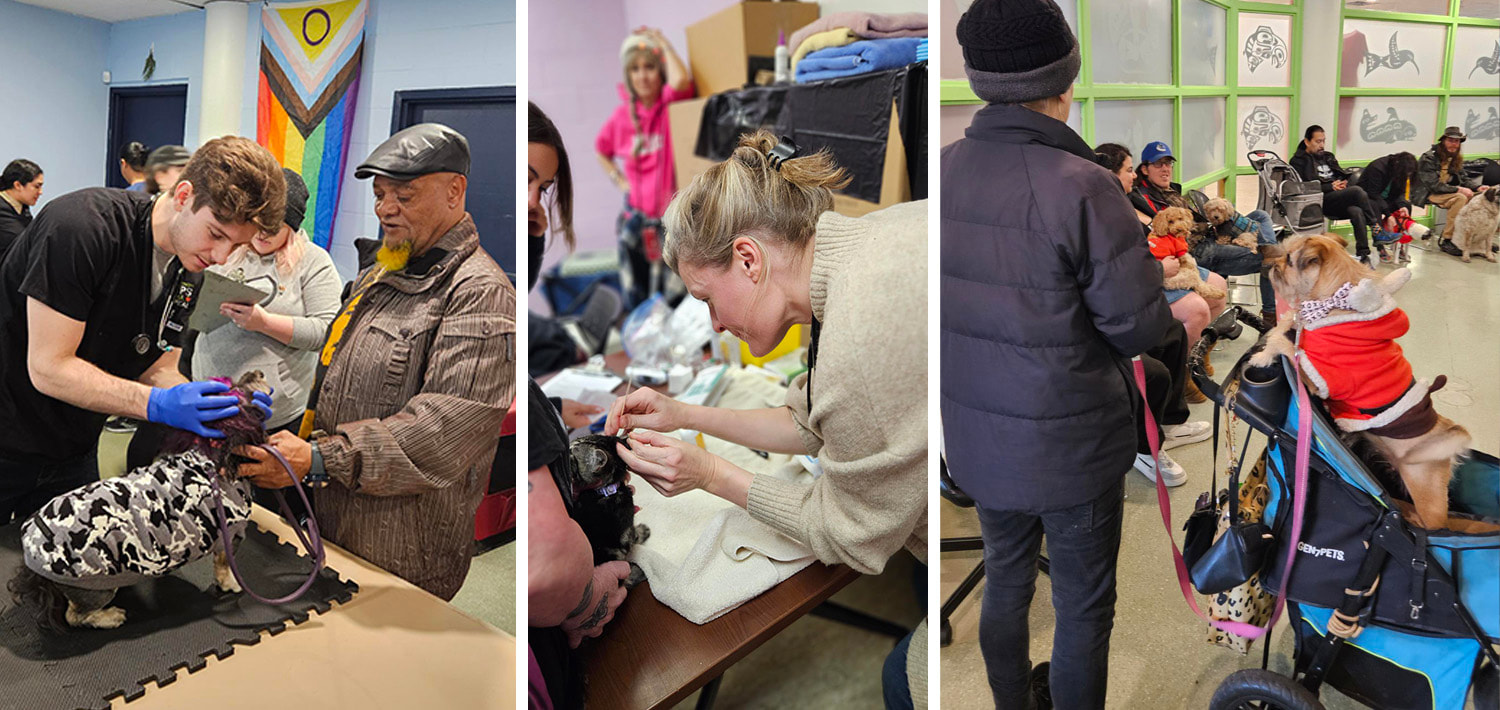
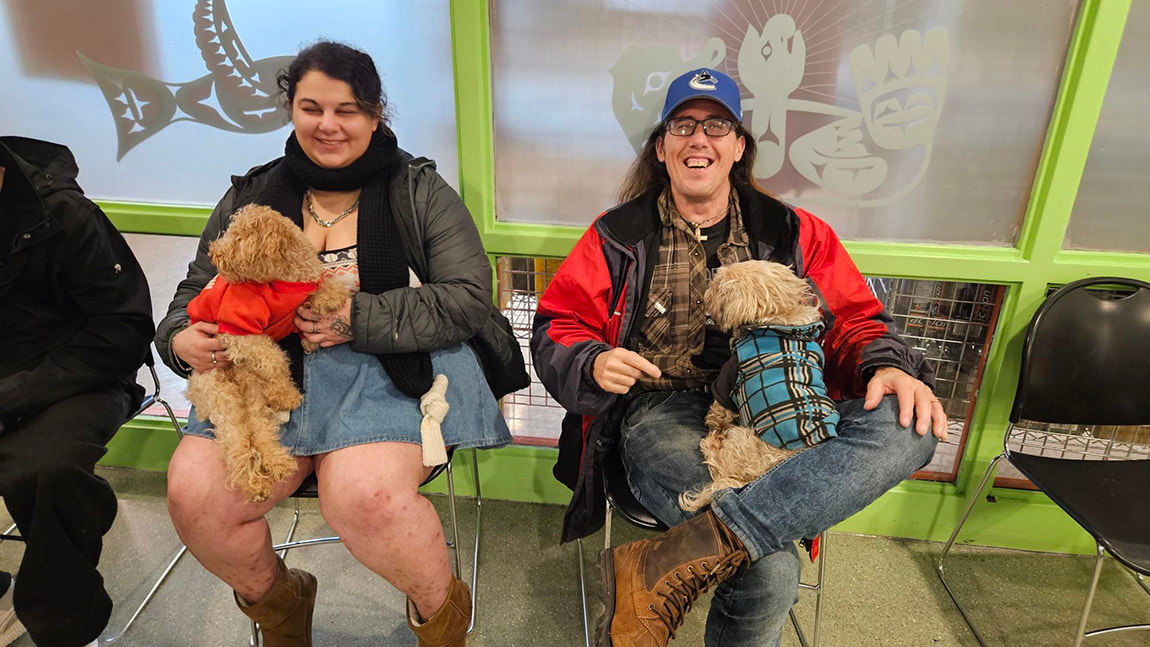
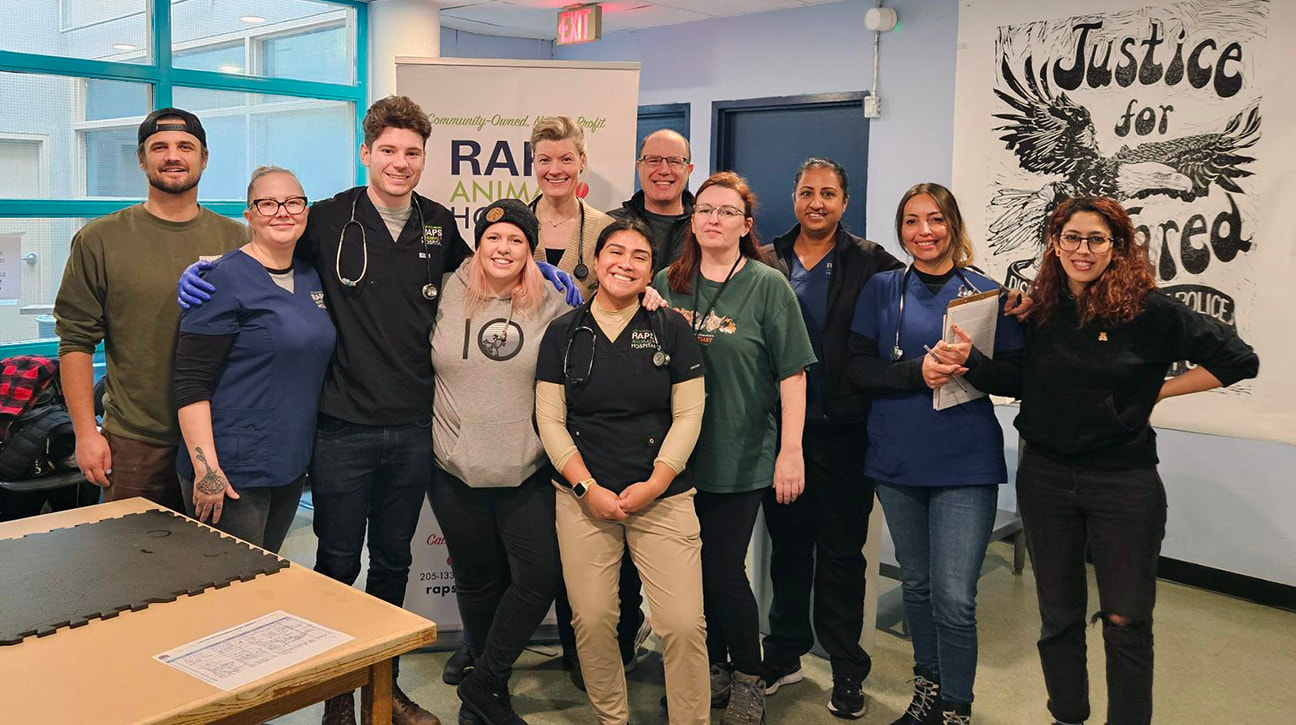
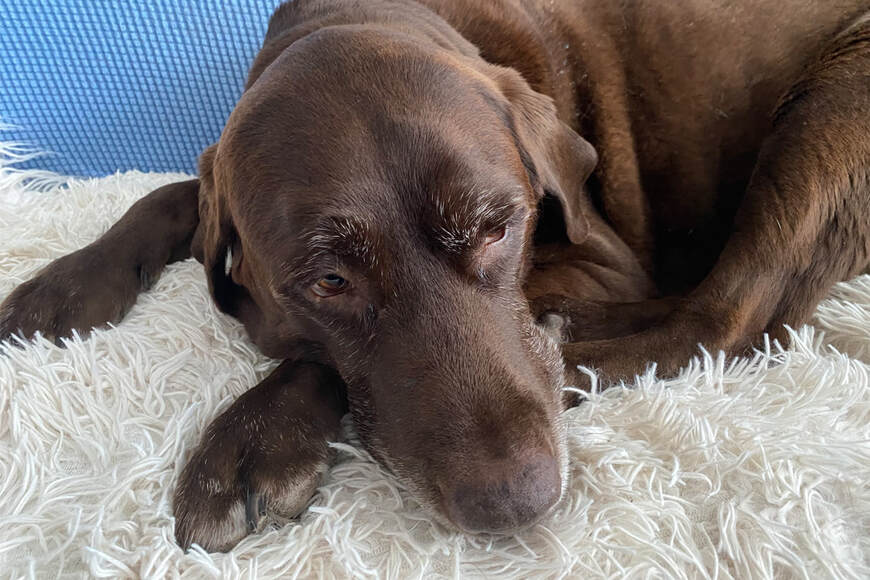
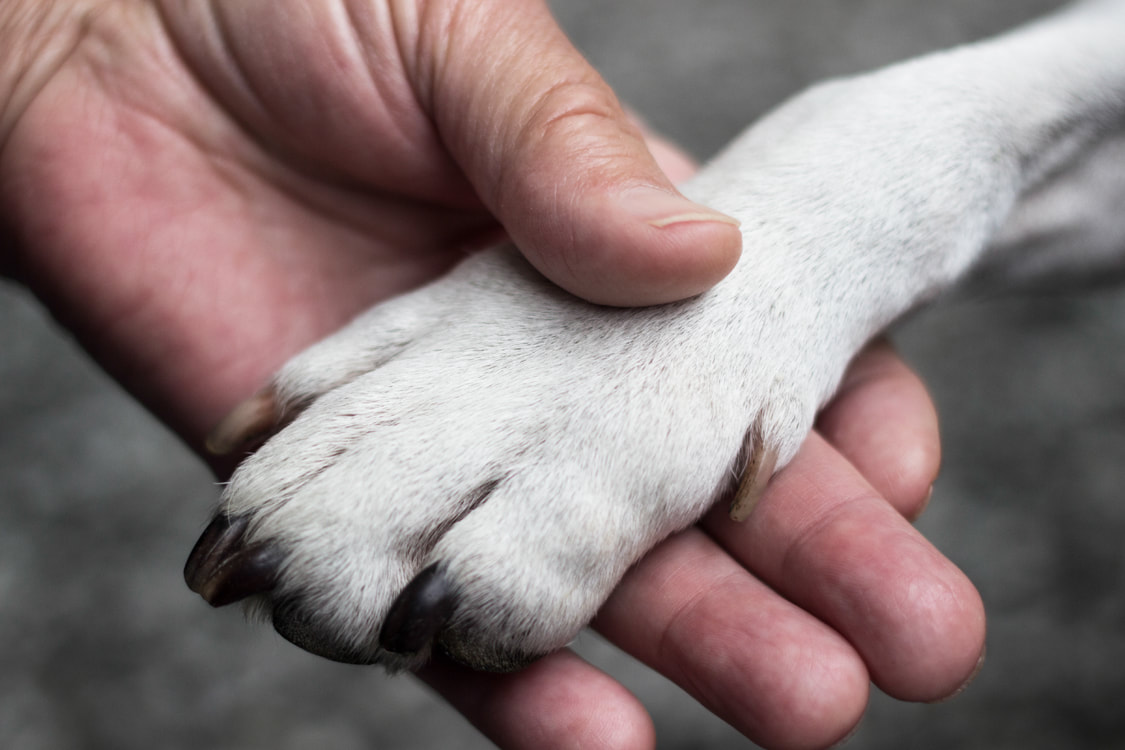
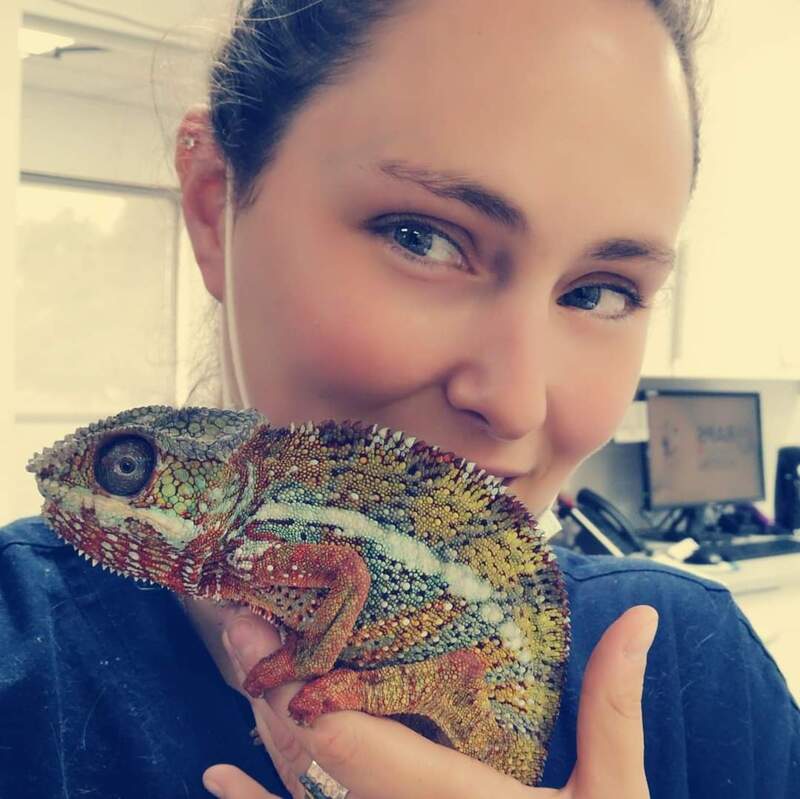
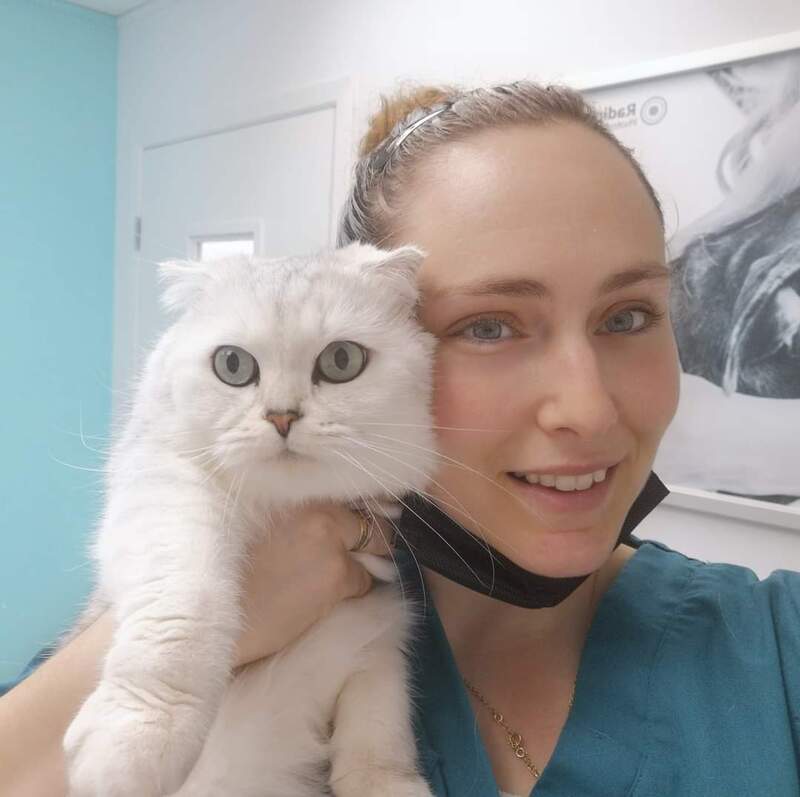
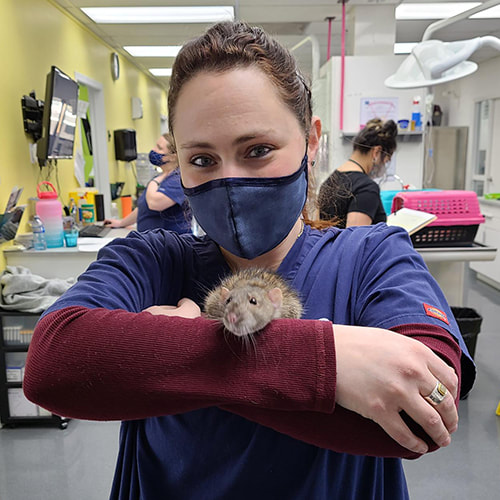
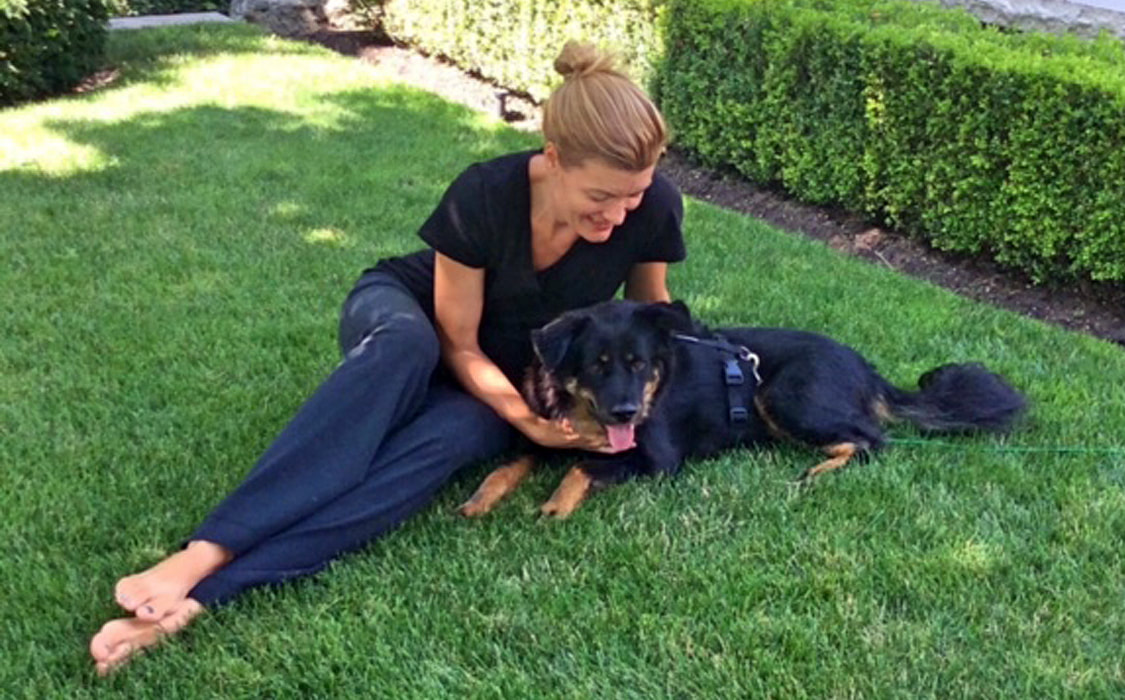
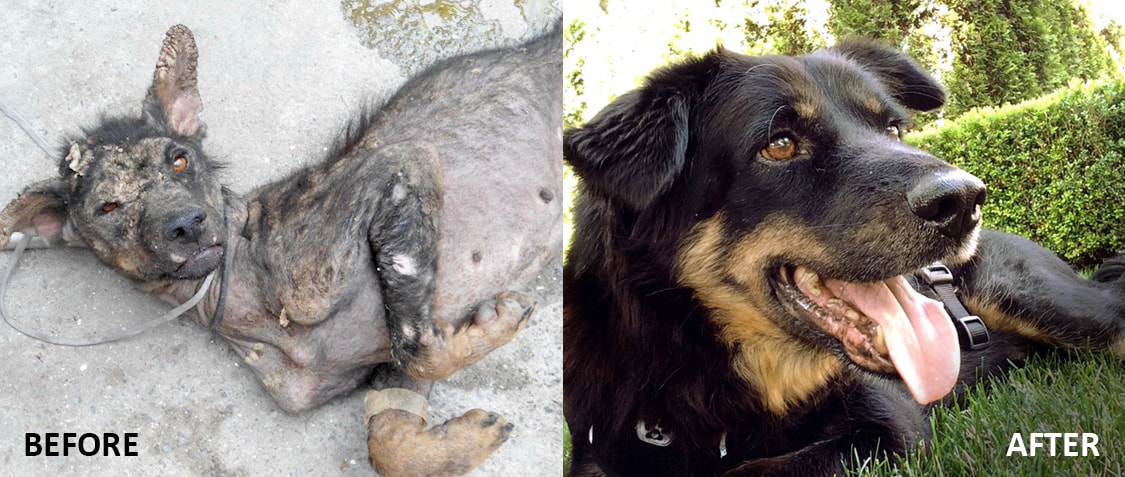
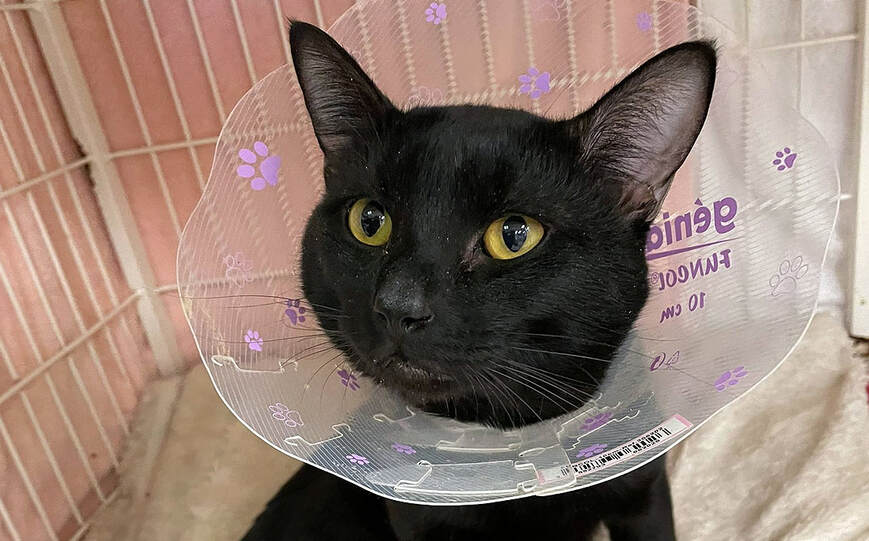
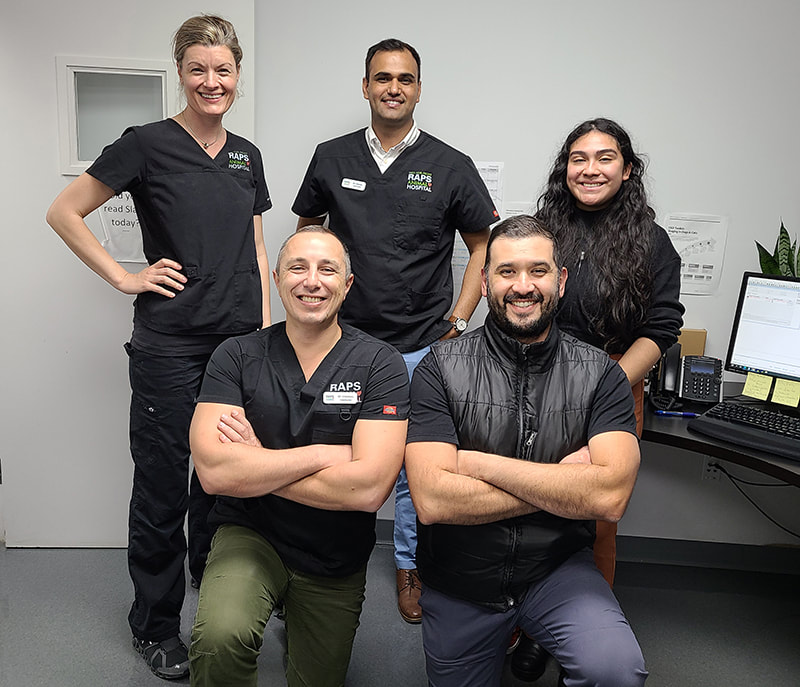
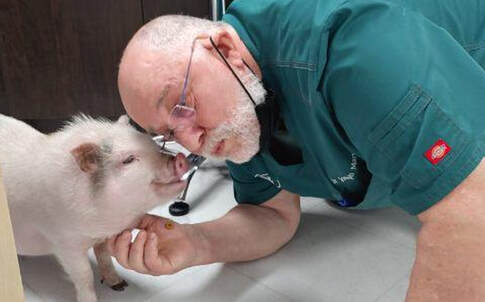
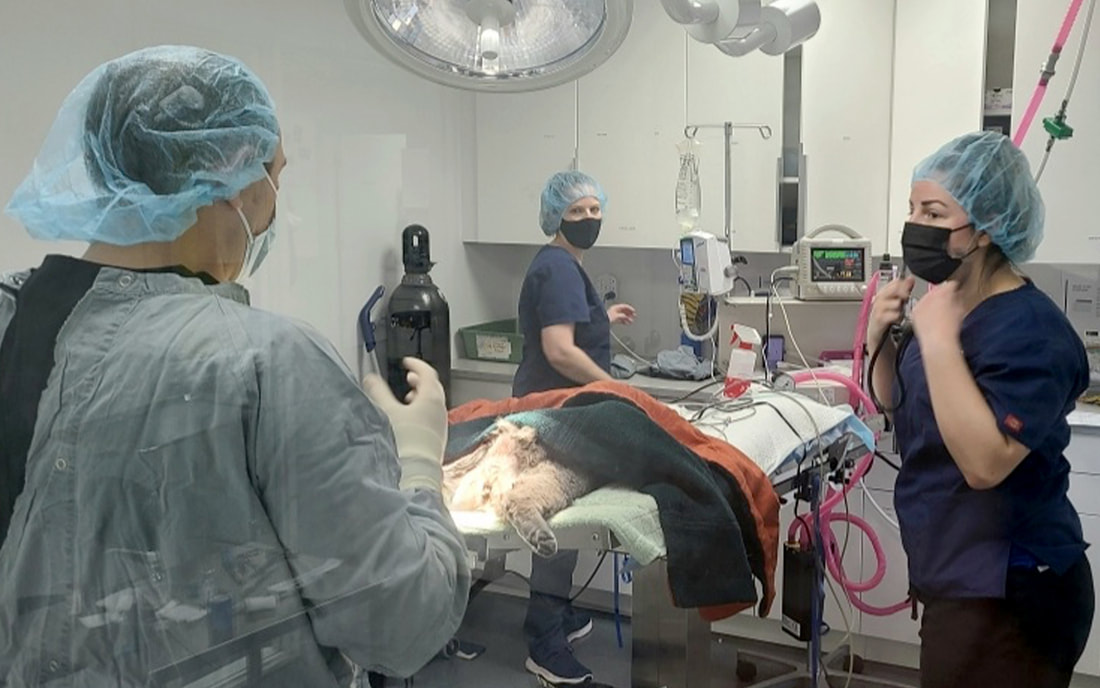
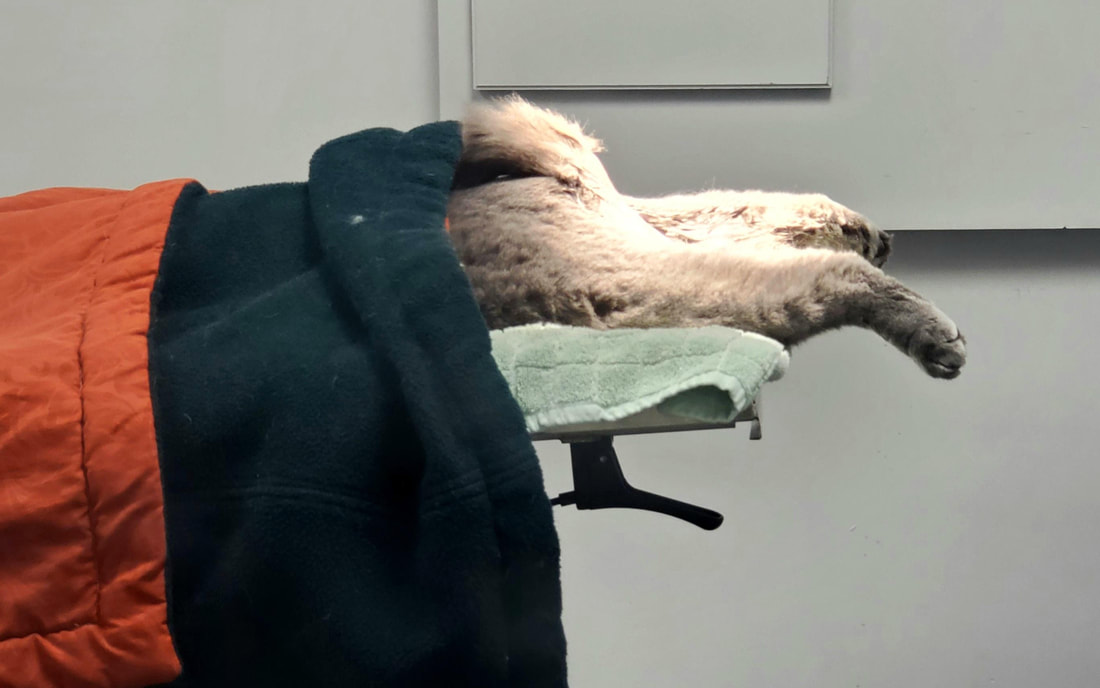
 RSS Feed
RSS Feed

